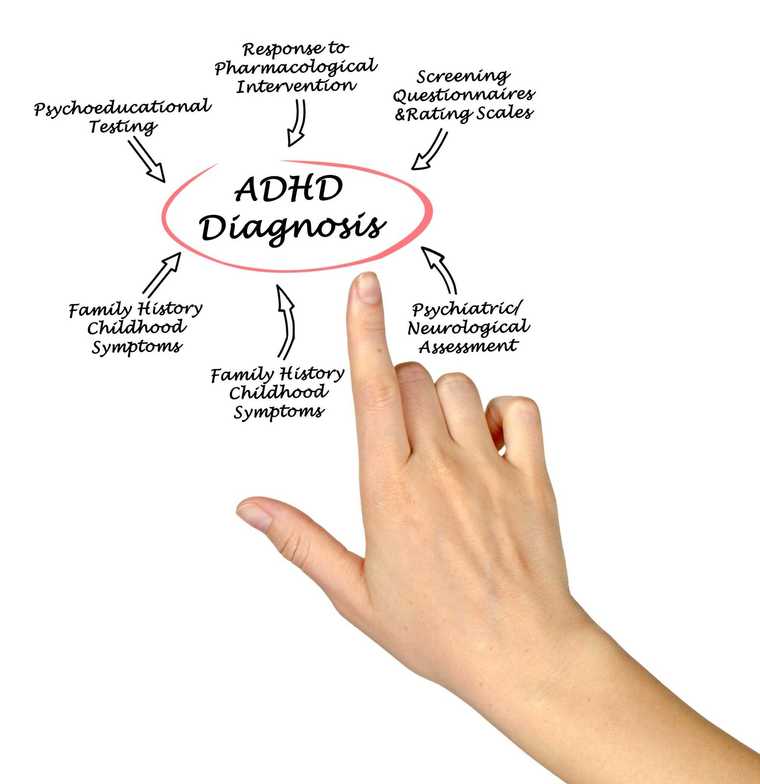
Deciding whether or not to pursue a psycho-educational assessment for your child is important. Seeking an assessment can be the first step towards understanding your child’s learning needs, strengths, weaknesses, and other underlying issues that may cause developmental or academic challenges later on. To make this decision, it’s essential to have a good sense of what these assessments entail and why someone might consider them. The rest of this blog will provide answers to key questions about psycho-educational assessments and all facets related thereto, so you can make an informed decision about whether such an assessment is right for your child or teen.
What is a Psycho-Educational Assessment and what does it involve?
A psycho-educational assessment is an in-depth investigation of an individual's academic, cognitive, and emotional functioning. It involves a comprehensive evaluation that looks at all components of learning to identify any patterns or issues that might be negatively affecting a child or teen in the classroom. This evaluation may include IQ tests, lesson observations, interviews with teachers and parents, reviews of school records, completion of behavioural checklists and other assessments to help gain insight into the student's unique strengths and weaknesses. The results can be used to develop targeted strategies tailored to the student’s needs for improved academic and emotional performance.
Who should get a Psycho-Educational Assessment for their child?
Students and families looking for a better understanding of learning differences that could impact their child or teenager's education may consider having a Psycho-Educational Assessment done. It is beneficial if the student is having difficulty keeping up with their grade-level peers, and also when traditional interventions have been unsuccessful. The evaluation will help to identify areas of strength and need in academic, social, behavioural and adaptive areas, which can then inform how best to support the student going forward. As this kind of assessment is highly individualised, seeking expert guidance on when to get an assessment done for your child or teenager is recommended.
The Benefits of Getting a Psycho-Educational Assessment
A psycho-educational assessment can provide invaluable insight into a child or teen's learning style and academic potential. This type of assessment offers a comprehensive view of their unique strengths, weaknesses and cognitive abilities, allowing parents and educators to better understand the student's needs. With this understanding, parents can work in collaboration with teachers, counsellors and other professionals to ensure that the students are receiving sufficient support outside the classroom. Psycho-educational evaluations provide vital information for creating customised learning plans based on the individual child's or teen's academic goals and needs. Ultimately, getting a psycho-educational assessment is beneficial for any young person having difficulty succeeding academically.
Types of Tests Used in the Psycho-Educational Assessment
A psycho-educational assessment involves a variety of tests that measure different aspects of a child's or teen's academic and social functioning. These tests may include an IQ test, achievement testing in reading, writing, mathematics, and other skills; measures of memory; visual-motor abilities; and assessments of executive functioning skills, such as planning, organisation, working memory capacity, and problem-solving. Depending on the particular type of assessment needed by the student, additional forms of evaluation may be included, such as observational reports from parents or teachers and rating scales for behaviours. The results from these tests allow educational professionals to develop a comprehensive understanding of the student’s skill set so that appropriate interventions can be recommended.
Interpreting Results from the Psycho-Educational Assessment
Interpreting the results from a psycho-educational assessment can be challenging, with many variables to consider. The assessment evaluates a range of academic and psychosocial skills and summarises a person's abilities, interests, and learning styles. Professionals can use this information to understand why certain behaviours occur in different contexts and recommend strategies or interventions that can help enhance their performance. It is vital to focus on strengths and potentials and any developmental or intellectual disabilities. Overall, the results provide tailored insights into how best to support your child or teen so that they can reach their full potential.
Steps to Take After Receiving the Results of a Psycho-Educational Assessment
After your child or teen has been through a psycho-educational assessment, you may feel overwhelmed by the results and unsure of what steps to take next. It is essential to take time to review the results carefully and talk with educational professionals who can help you understand the report's findings. They can also work with you to determine accommodations and the next steps for supporting your child or teen in their learning. Although it's challenging to set a plan of action, these steps can help ensure that your child or teen receives the best educational experience possible to reach their full potential.
About Eckert Psychology and Education Centre-
At Eckert Centre, our vision is to share the light of hope and courage with everyone who walks through our doors. We provide a full complement of psychological and coaching support to a variety of demographics and ages.Our Founder, Kimberly Eckert, has enlisted a team of highly trained Psychologists, Certified Canadian Counsellors, and Cognitive Coaching Specialists to provide quality assessment, counselling, coaching, and supplementary educational services. We are here to guide you through the process step by step as you discover new skills, renewed wisdom, and greater resilience. Visit our website, call us at 403-230-2959, or email us at info@eckertcentre.com for more information about our services.




